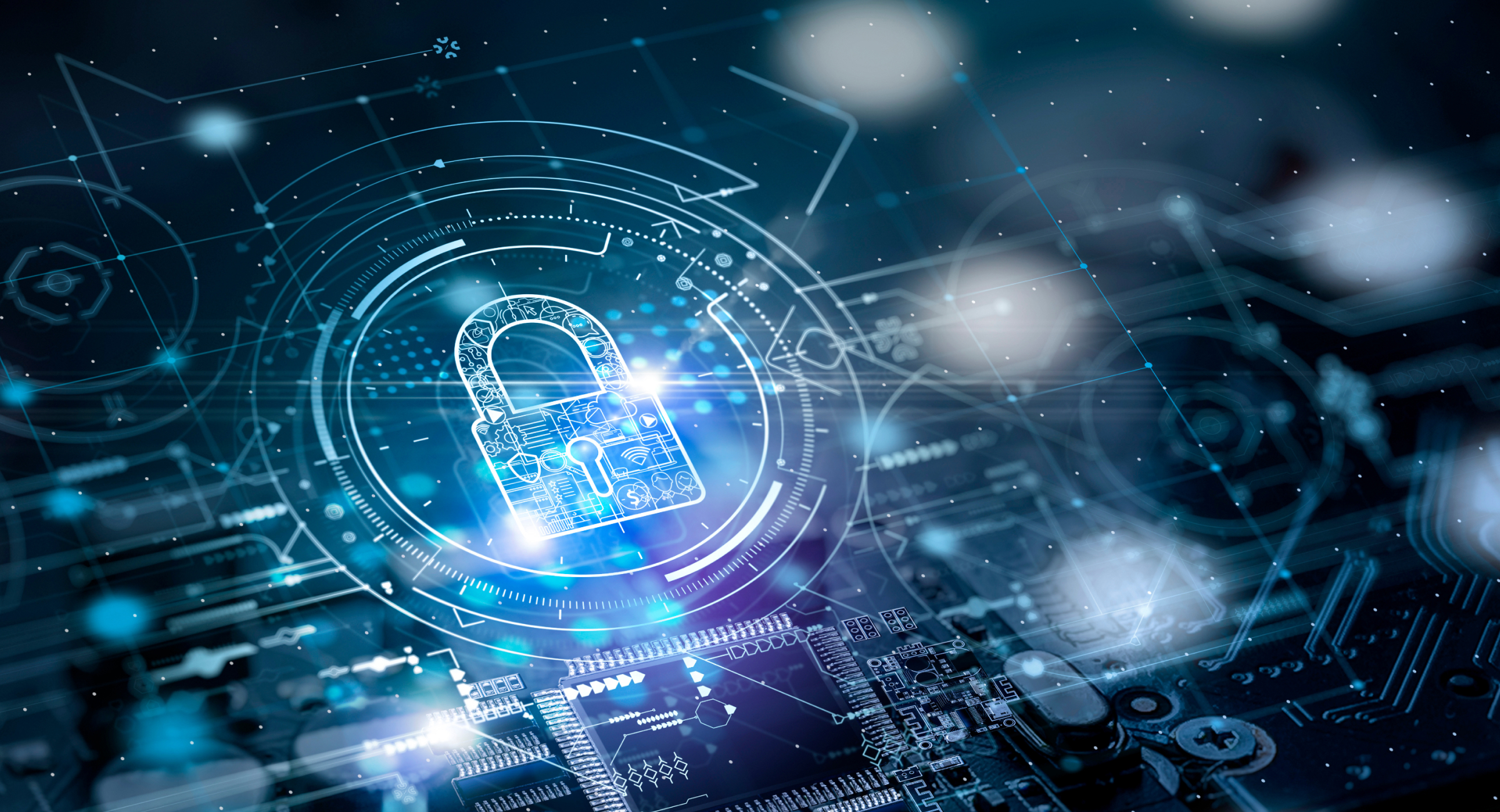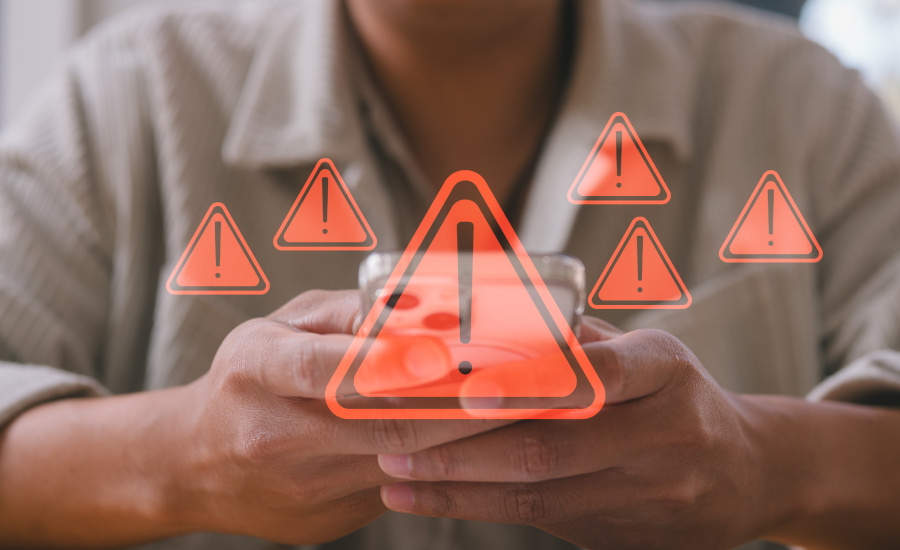Crypto IRAs allow investors to hold digital assets like Bitcoin and Ethereum in tax-advantaged retirement accounts.
But unlike traditional brokerage accounts, these IRAs require something many investors don’t fully understand: a custodian. IRA custodians serve as the legal guardian of retirement assets while ensuring compliance with federal regulations governing tax-advantaged accounts.
This article explains the role of an IRA custodian in a crypto IRA , including what they do, why they’re required, and how they protect investor assets.
What is an IRA custodian?
An IRA custodian is a financial institution authorized by the IRS to hold retirement account assets and ensure the account stays compliant with tax law. Custodians are required for all IRAs, whether they hold stocks, real estate, or crypto.
Core responsibilities:
- Maintain accurate records of all holdings and transactions
- Report contributions, distributions, and valuations to the IRS
- Ensure prohibited transactions are avoided
- Securely hold and safeguard account assets
Note: Without a custodian, an IRA account cannot legally exist under IRS rules.
Crypto IRAs work the same way, but require custodians that can handle digital assets securely and compliantly.
Why crypto IRAs need specialized custodians
Not all IRA custodians are equipped to support cryptocurrency. Crypto IRAs rely on self-directed IRA custodians who partner with digital asset platforms and custodial wallets to allow crypto exposure.
Key reasons crypto needs specialized custody:
- Asset type: Cryptocurrencies require private key security and blockchain infrastructure
- Regulatory complexity: Custodians must prevent prohibited transactions and unauthorized use
- Volatility management: Crypto assets require real-time valuation, especially for reporting
- Compliance obligations: Must file IRS Forms 5498 and 1099-R accurately
There’s a common misconception that custodians make investment decisions or guarantee crypto performance. This is not the case.
A crypto IRA custodian does not:
- Give investment advice
- Choose which cryptocurrencies to buy or sell
- Guarantee asset security beyond stated protocols
- Protect against market losses or volatility
- Allow self-custody or personal control of private keys
Note: Crypto held in a self-directed IRA must remain under custodian control. Moving it to a personal wallet would be a prohibited transaction.
Understanding these boundaries helps investors stay compliant and avoid unintended tax penalties.
Types of crypto IRA custodians
Several different types of financial institutions can serve as crypto IRA custodians, each with distinct advantages:
Bank custodians
- Traditional banks with expanded cryptocurrency capabilities
- FDIC insurance on cash holdings
- Established regulatory relationships and compliance infrastructure
- Limited cryptocurrency expertise and asset availability
Trust company custodians
- Specialized fiduciary institutions focused on custody services
- State regulatory oversight and licensing
- Enhanced expertise in alternative asset custody
- Typically more flexible in cryptocurrency offerings
Technology-enabled custodians
- Newer institutions built specifically for digital asset custody
- Advanced security and operational capabilities
- Broader cryptocurrency asset availability
- Modern technology platforms and user experiences
Hybrid approaches: Some platforms utilize partnerships between different custodian types to optimize capabilities across security, compliance, and asset access.
Note: The optimal custodian type depends on investor priorities regarding security, asset availability, regulatory oversight, and user experience.
Understanding how Alto CryptoIRA® addresses custodial requirements provides practical context. Learn about Alto CryptoIRA® here.





